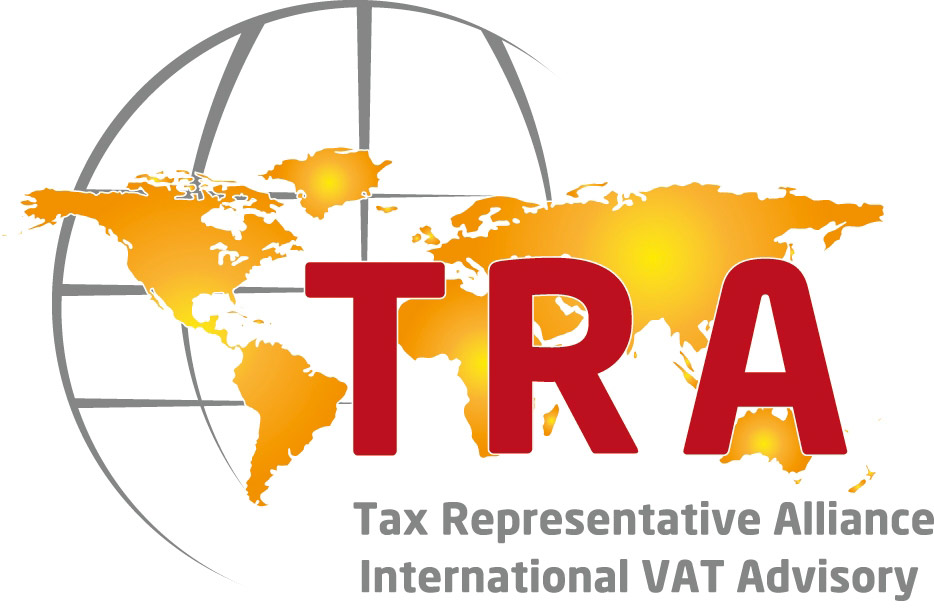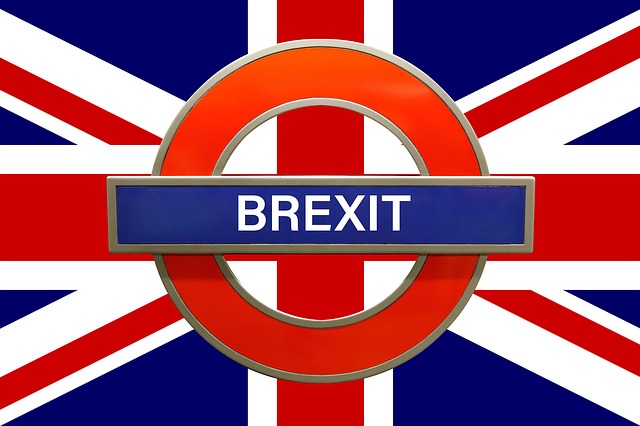Continuity principle for unfinished operations between eu and uk (at the end of 2020)
The transitional period, which began on February 1, 2020, which extended the tax effects of Brexit to January 1, 2021, ended on December 31, 2020.
According to the provisions of the Agreement on the withdrawal of the United Kingdom of Great Britain and Northern Ireland from the European Union, the United Kingdom will no longer be part of the Unique Market and the Customs Union of the EU and will become, in effect, for the purposes of VAT, a “third country”.
The post‐Brexit will be governed by the Agreement on trade and cooperation between the EU and the United Kingdom, published as a result of difficult negotiations, only on 26 December 2020.
In reality, it is an “agreement in principle” whose regulatory process is under completion. In such a complex and articulated context, it is also necessary to have regard to cross‐border
transactions which, for factual reasons, remain unfinished at the end of the transitional period, such as, for example, transactions involving goods shipped in 2020 which reach their destination in
2021.
These transactions have to be governed by the Withdrawal Agreement
Specifically, art. 51, par. 2 of the aforementioned Agreement establishes a general principle of “continuity” of validity of EU regulations, according to which the rights and obligations provided for by Directive 2006/112 apply for five years after the end of the transitional period in relation to the operations , carried out before the end of the transitional period, which have a cross‐border element between the UK and an EU member state.
In compliance with this principle, art. 51, par. 1 of the same Agreement applies the aforementioned “continuity” to the nature of the transaction. Thus, the operations involving goods whose shipment or transport begins in force of the transitional period and ends when the transitional period has ended, maintain the nature of intra‐EU operations.
Therefore, the same transactions will continue to qualify:
‐ as intra‐EU sales and not as export sales, in the country from which they depart;
‐ as intra‐EU purchases and not as imports, in the country in which they arrive;
and will be relevant for the compilation, in 2021, of INTRASTAT summary lists.
However, a check will be required at the Customs of the State of destination of the goods, in order to demonstrate the nature of the operation through documentation certifying the start of transport or shipment in 2020. And again, in compliance with the general principle of “continuity”, goods that have been transported from an EU member state to the United Kingdom before the end of the transitional period and subsequently re‐enter, unaltered, in the EU territory benefit from the provisions of art. 143, par. 1, lett. and directive 2006/112 / EC. It follows that VAT is not due upon importation of such goods upon the occurrence of the conditions provided for by the aforementioned rule.
Finally, please note that, art. 51, par. 3 of the Withdrawal Agreement confirms the possibility:
‐ for VAT taxable persons established in an EU Member State who made purchases in the United Kingdom during 2020;
‐ for VAT taxable persons established in the United Kingdom who made purchases in an EU Member State during 2020;
To submit the application for VAT reimbursement pursuant to Directive 2008/9 (reimbursement for taxable persons not established in the Member State in which the transaction is carried out but in other Member States), through an electronic portal by 31 March 2021 (the ordinary term expires on 30 September 2021). Furthermore, the provisions of the aforementioned directive will continue to apply for five years after the end of the transitional period both to the applications presented in 2021 in relation to 2020, and to the reimbursement applications already presented at the end of 2020.


